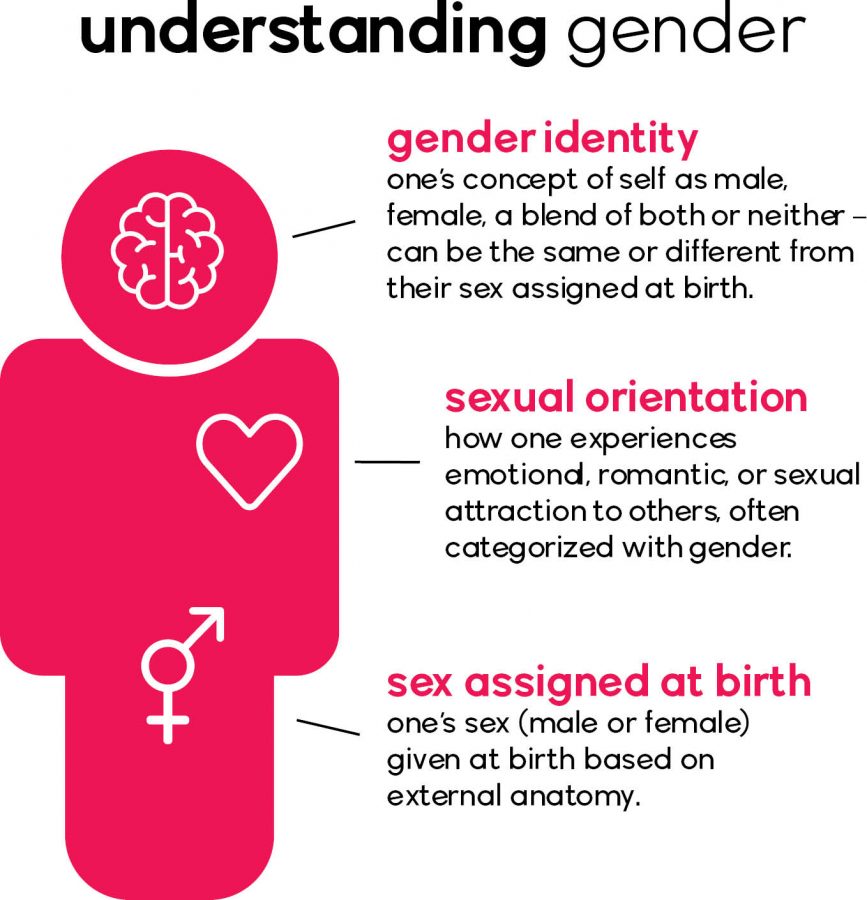CHS teachers prepare for statewide LGBTQ curriculum requirement
March 9, 2020
Last year, Gov. Phil Murphy mandated that all NJ public schools add LGBTQ-related topics into their lesson plans for middle and high school students. Twelve NJ schools began to pilot the new curriculum in January and the mandate is set to go statewide for the 2020-2021 school year, according to the Asbury Park Press.
New Jersey is now the fourth state, following California, Colorado and Illinois, to require public schools to teach students about the contributions of lesbian, gay, bisexual and transgender individuals. According to the Inquirer, “the law requires schools to include instruction and textbooks and materials that accurately portray their political, economic, and social contributions.”
For history teacher Bill Clark, however, it has been difficult to find lessons that fulfill the new requirement, fit within the US History I time period and are supported by reliable sources.
“I tried finding things, looking under rocks, finding any kind of alternative information, there’s nothing,” Clark said. “I’m sure there were issues, but it really wasn’t as prevalent.”
Clark explained that many of the lessons he has found are not backed by concrete evidence. For example, some suspect that former-president Chester Arthur was gay, but he can not teach rumors.
Despite this research, many teachers have yet to receive specific guidelines pertaining to the exact requirements. History teacher Sharyn O’Keefe explained that the History department is currently in limbo, and will continue to be until they receive the official curriculum requirements. This year, O’Keefe added a new topic into her civil rights unit, but she does not know if it would fulfill the upcoming statewide LGBTQ curriculum requirement.
“One of the topics I put in for civil rights this year was a group…which is a LGBTQ civil rights group for blacks specifically,” O’Keefe said. “So it fits with the civil rights movement, but it’s a modern group that just started in about 2003.”
The English department has also thought about the new curriculum requirement, and English teacher Emily Crelin believes that her class already fits into the mandate.
“In my class, I think it fits itself well into the influence of gender issues in society,” Crelin said. “It’s already a conversation that most of my students have in class, talking about sexuality and how it impacts their day-to-day life and how it impacts what they read and how they read.”
Crelin explained that it has been a goal of the entire Monmouth County Vocational School District to be more inclusive. English teacher Kathryn Diver added that there is more to inclusivity than just lesson plans.
“It’s not just about curriculum, it’s also about the learning environment,” Diver said.
One change Diver made this year was adding her pronouns to her introductory powerpoint on the first day of school, writing them on her classroom whiteboard and including them on her email signature.
“It’s already a conversation, but I’m looking forward to having more and working with the English department to see what else we can do to our own curriculum,” Crelin said.





